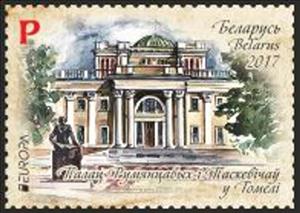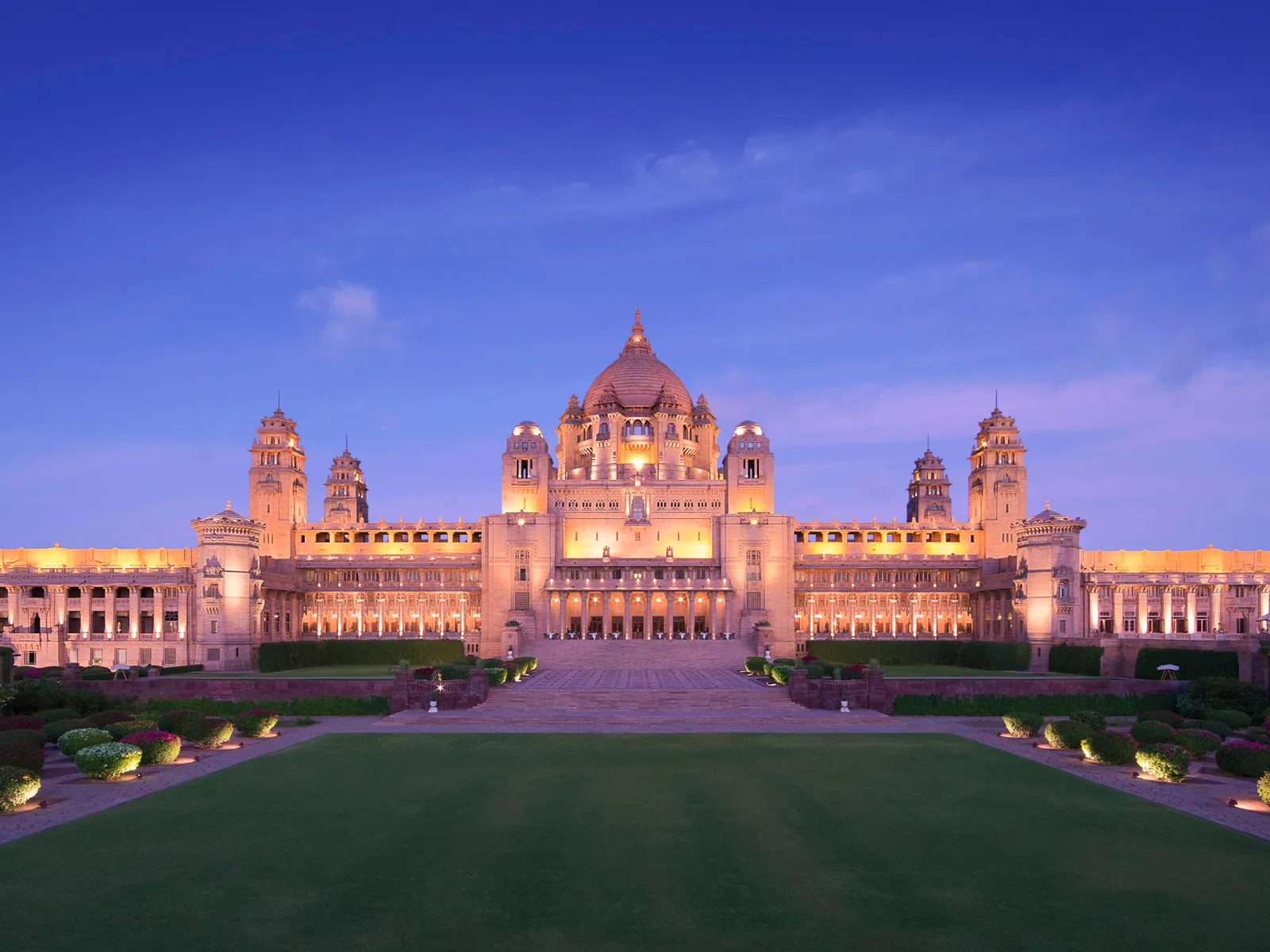Stamp: Palace of the Rumyantsevs and the Paskeviches in Gomel (Belarus 2017)
Palace of the Rumyantsevs and the Paskeviches in Gomel (Belarus 2017)
20 April (Belarus ) within release Europa (C.E.P.T.) 2017 - Castles and Palaces goes into circulation Stamp Palace of the Rumyantsevs and the Paskeviches in Gomel face value P No Face Value
| Stamp Palace of the Rumyantsevs and the Paskeviches in Gomel in catalogues | |
|---|---|
| Michel: | Mi: BY 1188 |
| Belarus post Inc.: | BLR: BY 1193 |
| Unificato: | Un: BY 1206 |
Stamp is horizontal format.
Also in the issue Europa (C.E.P.T.) 2017 - Castles and Palaces:
- Stamp - EUROPA 2017 - Castles - Palace complex of the Sapiehas in Ruzhany face value H;
- Stamp - EUROPA 2017 - Castles - Palace of the Rumyantsevs and the Paskeviches in Gomel face value P;
- Stamp - Palace of the Rumyantsevs and the Paskeviches in Gomel face value P;
- Mini Sheet - Palace of the Sapiehas in Ruzhany face value 8*H;
- Souvenir Sheet - Europa - Castles face value None;
- Stamp - Palace of the Sapiehas in Ruzhany face value H;
- Mini Sheet - Palace of the Rumyantsevs and the Paskeviches in Gomel face value 8*P;
Stamp Palace of the Rumyantsevs and the Paskeviches in Gomel it reflects the thematic directions:
A castle (from Latin: castellum) is a type of fortified structure built in Europe and the Middle East during the Middle Ages by European nobility. Scholars debate the scope of the word castle, but usually consider it to be the private fortified residence of a lord or noble. This is distinct from a palace, which is not fortified; from a fortress, which was not always a residence for nobility; and from a fortified settlement, which was a public defence – though there are many similarities among these types of construction. Usage of the term has varied over time and has been applied to structures as diverse as hill forts and country houses. Over the approximately 900 years that castles were built, they took on a great many forms with many different features, although some, such as curtain walls and arrowslits, were commonplace.
A fortification (also called a fort, fortress, fastness, or stronghold) is a military construction designed for the defense of territories in warfare, and is used to establish rule in a region during peacetime. The term is derived from Latin fortis ("strong") and facere ("to make").
A palace is a large residence, often serving as a royal residence or the home for a head of state or another high-ranking dignitary, such as a bishop or archbishop. The word is derived from the Latin name palātium, for Palatine Hill in Rome which housed the Imperial residences


